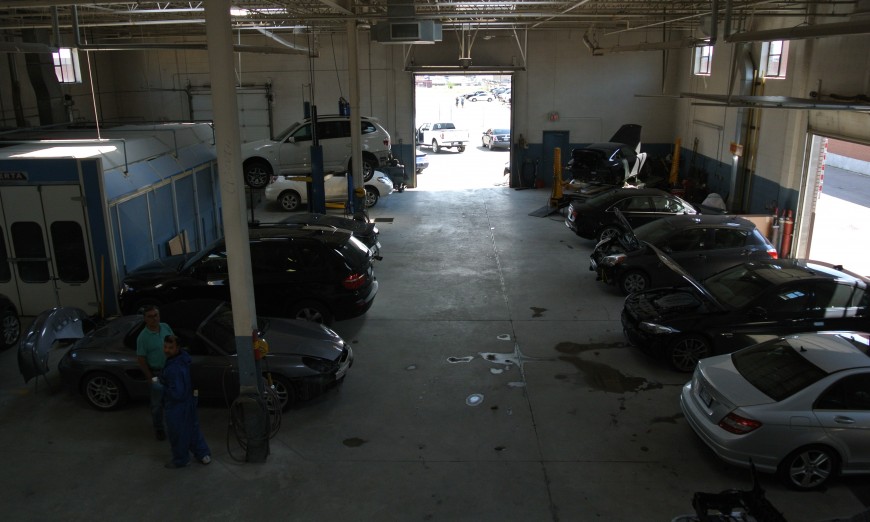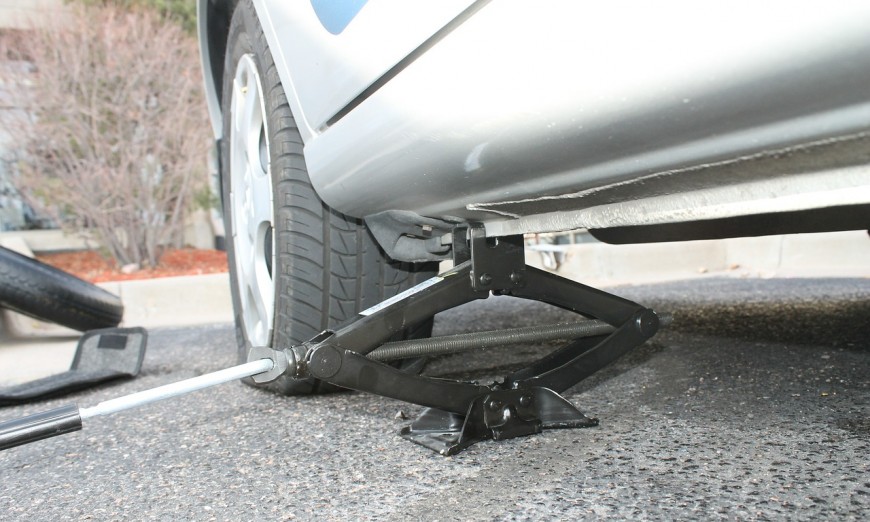When you have the need for an auto collision center you will want to find one that will do the work the right way the first time. This is very true when the only vehicle you have may be sitting in the repair shop. If you have a newer vehicle, this is especially true as you do not want to continue paying for something that will continue to have problems. It would make things much easier on yourself if you found the best possible collision repair.
Insurance companies are not supposed to force you to use their chosen shop. That’s called “steering.” But most insurers keep a list of approved shops that they’ve worked with in the past. And it’s one way to narrow your choices down. Once you have that list, ask friends, colleagues — your mechanic — if they can recommend any of the shops on the list. If not, maybe they have another strong recommendation.
Next, check out the reputations of the shops people have recommended by calling or going online. Contact your local Better Business Bureau (BBB), your county consumer affairs office (if there is one) and your state consumer protection office. You should be able to find out the number of complaints, the nature of those complaints and how they were resolved. Find out whether the body shop belongs to any professional organizations.
Once you go to the shop, make sure it has a professional appearance and works on newer, nicer cars. Ask the shop if it regularly works on your make and model and has the equipment recommended by your vehicle manufacturer. You may also run into junkyard parts. If your car is fairly new, don’t accept junkyard parts. If you have an older car, it’s not as much of a problem.
When it’s time to pick up your car, study it carefully. Test every single button, switch and lock in the car to make sure it works — even the stereo. Make sure the doors, hood and trunk open and close smoothly. Examine the paint in bright sunlight to make sure the colour matches. I once had to have major body work on a car after somebody fell asleep at the wheel and plowed into it as it sat parallel parked on the street. For three months afterward, I discovered additional problems because I didn’t test every last thing before I left the body shop.
Carefully choose which collision repair facility will work on your car. Don’t feel pressured to accept generic parts or junkyard parts. Remember, the body shop works for you, not your insurance company. Put your car through its paces before you take it home.
If you’re unhappy with an auto body shop, report them to any professional organizations they belong to and file a complaint with your county or state consumer protection office. Also file a complaint with the BBB.



